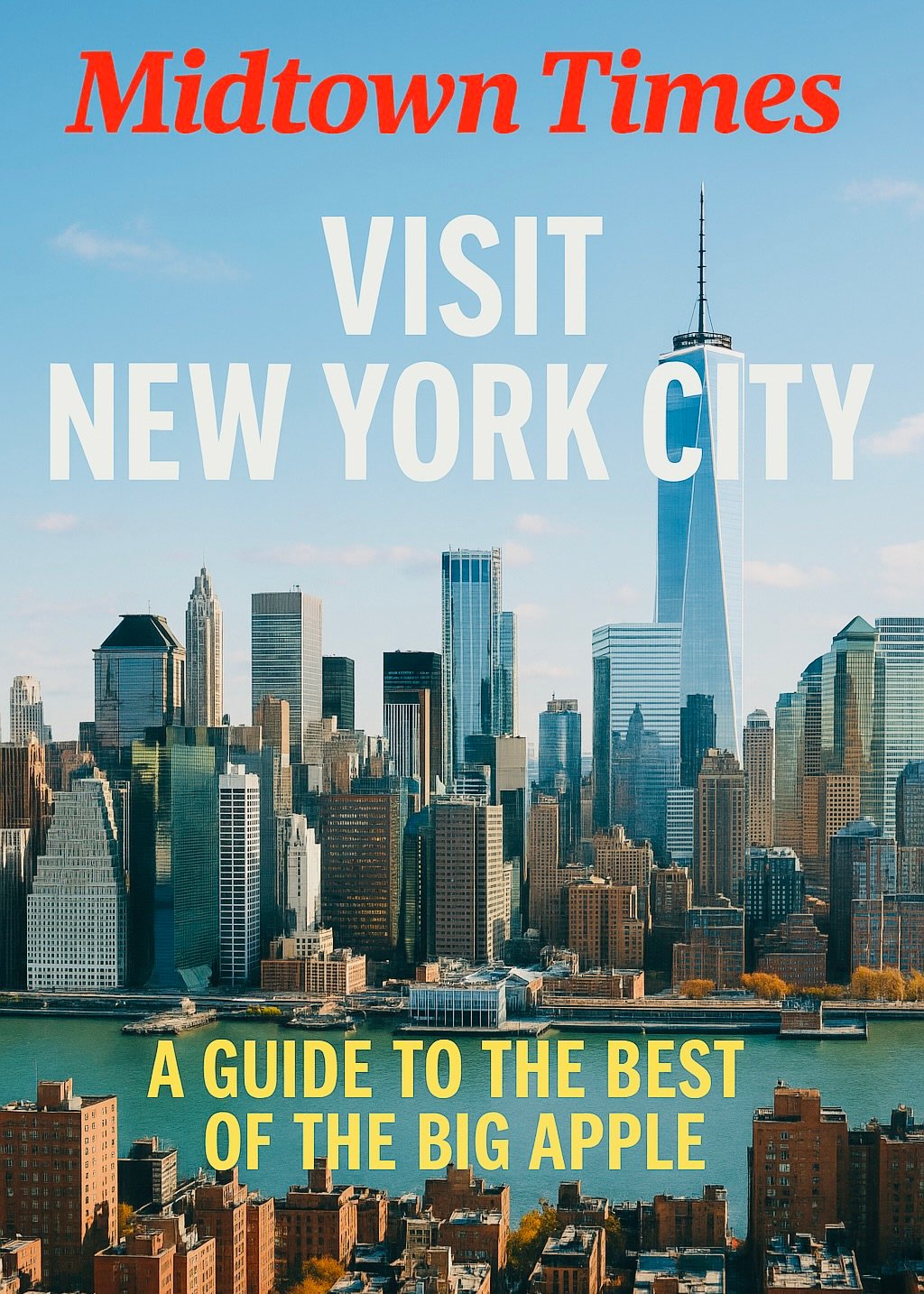U.S. Trade – The global trading system is shifting back toward mercantilism, the 17th-century idea that prosperity stems from exporting more than importing, and the United States may find itself at a disadvantage.
Former President Donald Trump’s America First agenda revived this old doctrine by imposing sweeping tariffs and restricting imports in an effort to restore U.S. manufacturing power. Initially, markets recoiled, but the tariffs primarily held and, in many cases, expanded without significant retaliation from other nations. By appearances, it seemed a win for Washington.
Yet, economists caution that America is entering a contest where one player has decades of practice: China.
China’s Mercantilist Head Start
According to George Magnus of Oxford University’s China Center, Beijing has long pursued policies that favored exports at the expense of fair competition, including subsidizing state-owned enterprises, controlling credit, and mandating technology transfers. These measures enabled China to emerge as a “nonmarket economy” under the World Trade Organization, while the U.S. struggled with deindustrialization.
Even after currency shifts and a slowdown in low-cost manufacturing, China adapted. By 2018, despite U.S. tariffs, the country’s trade surplus had rebounded to historic highs, nearing $1.2 trillion. When direct exports to the U.S. fell under tariff pressure, China countered by aggressively exporting to other markets at ultra-low prices, a tactic trade experts call dumping.
From Deflation to Overcapacity
For years, China was accused of “exporting deflation”, fueling cheap imports that kept U.S. inflation low. Now, it is exporting involution, a phenomenon of overproduction and destructive competition at home that spills into global markets. Between late 2022 and 2023, Chinese export prices declined by 22%, while prices elsewhere remained steady.
Unlike earlier rounds of trade wars, when Beijing rerouted exports through third countries, today it is directly flooding markets worldwide. The strategy cushions losses from reduced U.S. sales while cementing dominance in key industries.
Mercantilism 3.0 — China’s Forward-Looking Edge
Trump’s approach focuses on reviving traditional manufacturing, including steel and textiles, as well as commodity goods, in hopes of restoring a bygone era. By contrast, China is applying mercantilism to industries of the future.
As Chris Watling of Longview Economics notes, China now controls more than 70% of global electric vehicle production, 92% of solar cells, 98% of solar wafers, and 85% of solar panels. It produces over three-quarters of the world’s batteries, with prices dropping nearly 30% in the past year. This dominance is backed by some of the cheapest electricity costs in the world, less than half of those in the U.S.
These sectors, renewable energy, EVs, and batteries, are not just profitable but strategically vital. By flooding global markets with low-priced goods, China risks corporate overcapacity at home, but it also positions itself as the world’s indispensable supplier of clean-energy technology.
America’s Mercantilist Dilemma
U.S. leaders skeptical of green energy label it a “scam,” but if the global economy continues its shift toward renewable industries, Washington risks losing a contest it helped revive.
Mercantilism may be making a comeback as the dominant global philosophy. But in this high-stakes game, America is a novice compared to China’s seasoned approach, and the odds suggest Beijing is more likely to emerge as the long-term winner.
Adopted from an analysis originally published by Bloomberg
By The Midtown Times Staff


